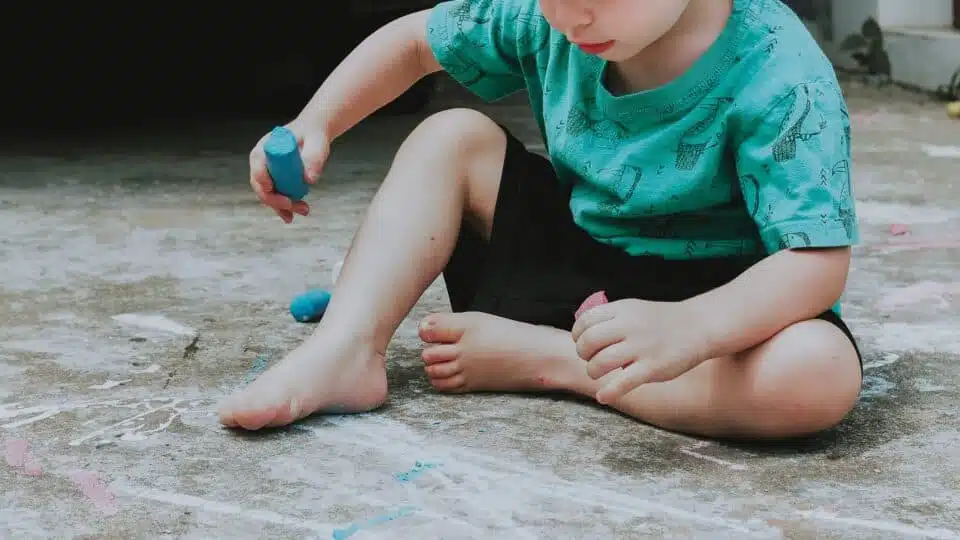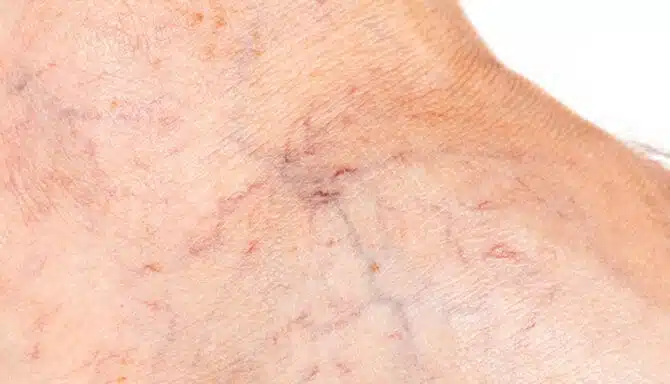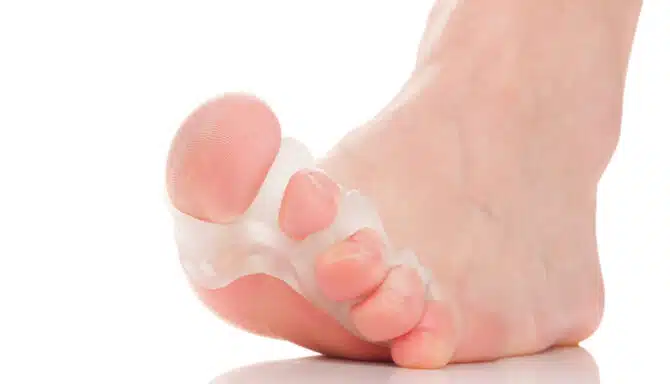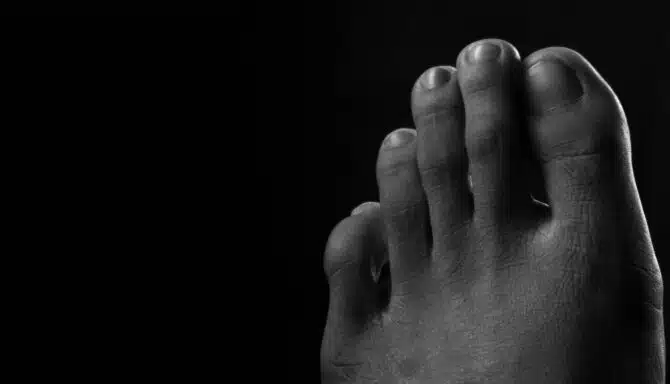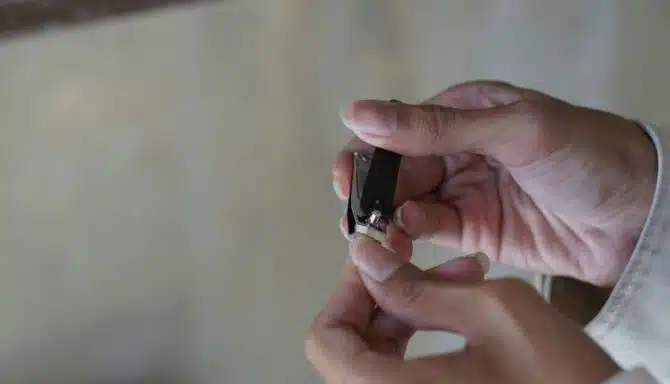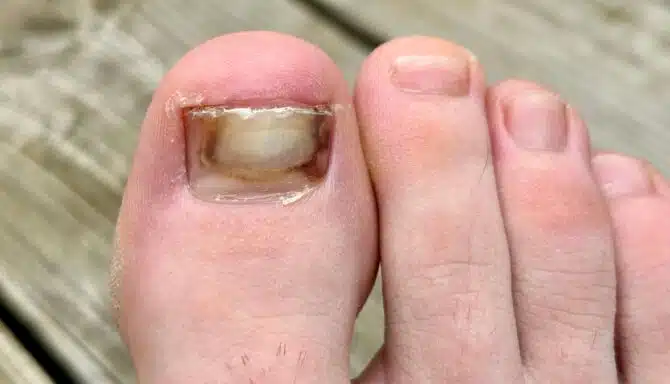Sometimes our kids can seem invincible. High energy levels and excitement are some definable features in children. Despite this, it’s our job as parents to make sure they are as healthy as possible. If your child complains about foot pain or a foot problem, you should pay attention, seek advice and look into treatment options. They may be experiencing one of the most common foot conditions found in children.
5 Foot Conditions Common In Children:
- Flat Feet
- Plantar Warts
- Ingrown Toenail
- Toe-Walking
- In-Toeing

Flat Feet
Flat feet are one of the most common foot conditions for children. It is normal for infants and young children to have flat feet, and the problem usually goes away on its own as kids age, due to their muscles growing stronger and soft tissues solidifying. If your child is beyond age 9 or 10 and the arches in their feet haven’t become pronounced at all, you may want to ask if they’re experiencing any foot pain. Flat feet are not always painful, but if your child complains about persistent pain when walking or running, you should consider treatment options.
Treatment for flat feet typically involves an overhaul of your child’s footwear. If your child is overweight or sporting ill-fitting shoes, it can make the pain worse. You should seek guidance from your child’s paediatrician, and potentially a Foot specialist. They will likely recommend a pair of accommodating, comfortable shoes tailored to your child’s needs, as well as Custom Orthotics. You should also try not to let your child wear bad shoes with poorly constructed soles that further exaggerate the flatness of their feet — think flip-flops or flats.
Plantar Warts
Another one of the most common foot conditions for children, as well as adults, are plantar warts. Plantar warts are found on the burdened areas of the foot, such as the heels and the ball of the foot. They are caused by a certain strain of the Human Papillomavirus(commonly known as HPV). You should be mindful of your child running around barefoot in public spaces, such as swimming pools. Likewise, you should also make sure your child’s feet are shielded and protected from the virus by ensuring any small cuts or scrapes are covered with a bandage. Your child’s plantar warts may go away on their own, but sometimes specialized treatment is required.
Treatment Methods Used to Target Plantar Warts:
- Salicylic Acid: Products with salicylic acid will soften the skin on your child’s feet, and shed the outer layer of skin quickly. A qualified Chiropodist may recommend this, and will painlessly peel the wart off after application of the product for some time. This is arguably the least intimidating treatment method for a child with a persistent issue with plantar warts.
- Needling: It’s likely you’ll want to avoid any treatment containing the word “needle” when it comes to children. However, this process can eradicate all plantar warts by focusing on one. The process includes puncturing the wart 100 times to trigger an immune response.
- Cryotherapy: A foot specialist will gently apply a cotton swab with liquid nitrogen to the problem area, this will freeze the wart. Cool, right? The area eventually forms a protective blister, and after a few rounds of this the wart will be gone for good. It may be a little painful for your child, so talk to them about how beneficial it will be in the long run and make them feel brave!
Ingrown Toenail
An Ingrown toenail can be a painful nuisance for your child. They present themselves as small, red areas of swelling on your child’s skin, close to the toenail. They are typically harmless, but you should make sure they don’t become infected. An infection could cause the redness to spread, further aggravate foot pain, and lead to blisters.
If the Ingrown toenail doesn’t go away, your child can see a foot specialist who will be able to:
- Gain access to the ingrown toenail and trim it.
- Recommend antibiotic cream in the presence of infection. Oral antibiotics may also be prescribed.
- Recommend at-home care, such as using Epsom salt in a foot bath. Epsom salt can reduce pain and prevent infection.
- Recommend over-the-counter pain relief, such as Tylenol and ibuprofen.
- If your child has a persistent problem, they may suggest performing a minor surgery on the nail bed/toenail.

Toe-Walking
Toe-Walking is a lot like what it sounds like. Common amongst growing children, toe-walking occurs when a child underutilizes their feet when walking. The child will step with just the ball of the foot —- imagine something similar to tiptoeing. Although it is rare, if your child is toe-walking after age 2, they have adapted to an abnormal gait. Health professionals are actually unable to understand the reasoning behind toe-walking in most cases. Your child should be encouraged to develop a normal gait, in which case a Video Gait Analysis can help.
In-Toeing
Sometimes referred to as “pigeon-toed,” you may be noticing your child is walking or running with their feet pointed towards each other rather than straight ahead. Children younger than 8 years old usually stop doing this, but in some cases a child will continue in-toeing. You may want to take note of ways you can correct this relatively harmless foot condition and encourage normal development.
A foot specialist may recommend special shoes for infants, which can work wonders and be preventative. In rare cases, a surgical procedure aimed at aligning the thigh bone or shinbone may be required for an older child. You’ll want to avoid any future complications, such as a lopsided gait (can lead to future foot pain) or painful foot conditions, such as bunions.
If a surgery recommended, your child may be scared and need reassurance. Be sure to do your part by comforting them. You can explain to them in a calm manner that there will be no complications with this type of procedure, and that the outcome will greatly improve their quality of life.

Have No Fear!
We have all your solutions under one roof. Call or Book Today and we’ll have you and your child in ASAP! Open 6 days a week, we’ll be happy to help inform you and solve all your concerns any day at your convenience!
Call us at 416-769-FEET (3338) or Book Your Assessment Today!
Banner Image Credits – https://tinytribes.co/ – Thank you!
